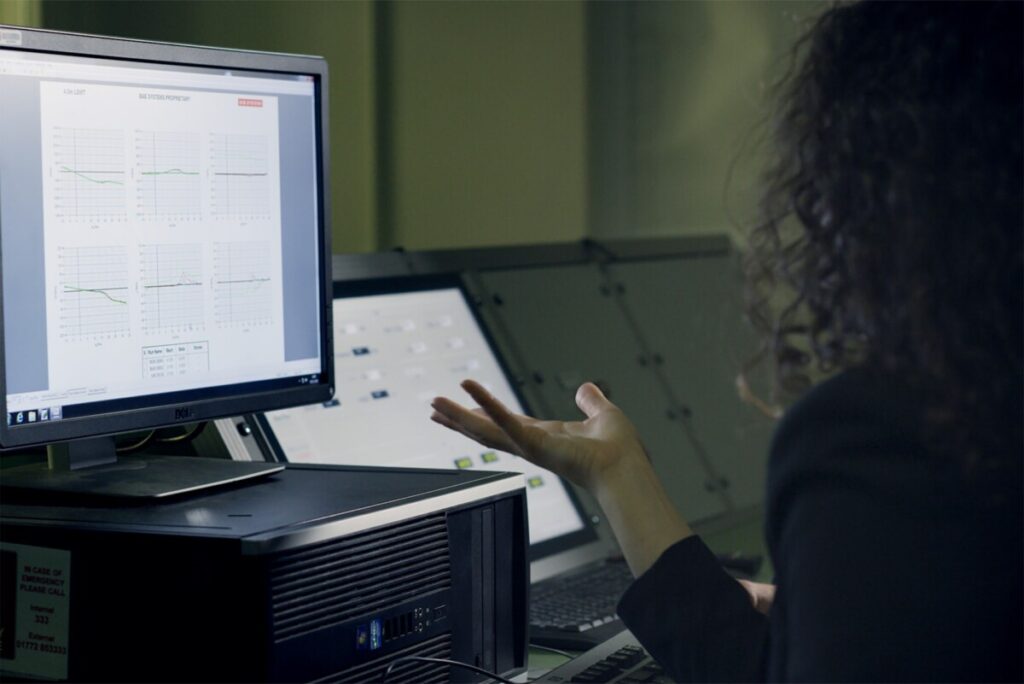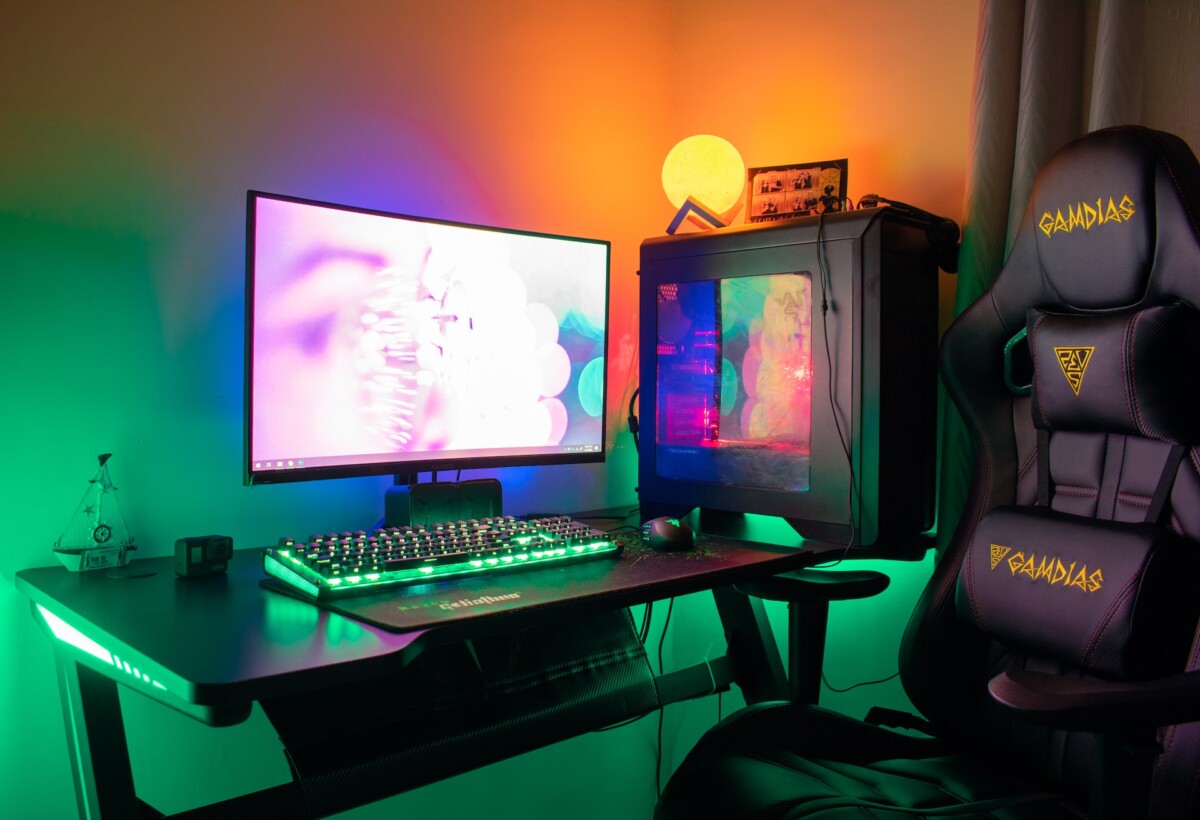Gaming, often considered a mere pastime, has evolved. Beyond the graphics and narratives lies a tool that fosters cognitive growth. The digital universe within games, teeming with challenges and adventures, is a goldmine for developing problem-solving skills. Let’s embark on a journey to understand this deeper connection.
The Mechanics of Games and Problem-Solving
Every game, whether a simple mobile app or a high-end console game, presents hurdles. Players face challenges that require deduction, strategy, and innovative thinking. It’s not just about winning; it’s about figuring out the best pathway to victory. This regular engagement with challenges fortifies the brain’s problem-solving capabilities.
Imagine being in a fast-paced game where every millisecond counts. Games often place players in scenarios demanding immediate reactions. This hones reflexes and reinforces quick problem identification and solution implementation.
From ancient board games like chess to modern-day strategy video games, players are often required to anticipate opponents’ moves and plan several steps ahead. It’s a dance of prediction and tactics, fostering a mindset that’s crucial in real-world problem-solving scenarios.

The Types of Games That Enhance Problem-Solving
Games like Tetris or Sudoku, while appearing simple, are profound cognitive tools. They demand spatial awareness, pattern recognition, and forward-thinking. Over time, regular engagement with these games can significantly enhance a player’s analytical abilities.
Role-playing games (RPGs) immerse players in intricate storylines. Tasks like gathering resources, character interactions, and making narrative-altering decisions are commonplace. These games train players in analysis, resource management, and understanding consequences – highly valuable daily skills.
These games are cerebral marathons. Players govern civilizations, manage resources, and engage in diplomatic or combative interactions. The focus on long-term planning and outcome prediction can be directly correlated with enhancing strategic thinking in real-life situations.
The digital versions of popular physical escape rooms are a blend of mystery and puzzle-solving. They sharpen observation skills, logical deduction, and promote innovative solution-finding.
Real-life Applications of Gaming Skills
Gaming isn’t just about following a set storyline. Many games offer multiple ways to overcome challenges, promoting creative thinking. This ability to think “outside the box” is invaluable in real-world problem-solving.
With games demanding recall of intricate details, sequences, or patterns, players inadvertently boost their memory. Remembering a crucial game element can be the difference between virtual life and death, and this emphasis on recall finds its applications in real-life tasks.
Online multiplayer games, where players collaborate globally, mirror the interconnected world we live in. Learning to work with diverse individuals towards a common in-game goal fosters teamwork and communication skills that are essential in the modern professional environment.
No two gaming sessions are identical. As game scenarios evolve, players must adapt strategies. This adaptability is a vital skill in our ever-changing world.
Overcoming the Stigma of Gaming
To harness the cognitive benefits of gaming, society must move past its traditional reservations. We can reshape perceptions by recognizing and emphasizing its potential as a problem-solving tool.
Of course, moderation remains essential. While gaming offers numerous benefits, ensuring it doesn’t become an escape from reality is crucial. Setting time limits and taking regular breaks can help strike this balance.
The gaming industry is vast, with a spectrum ranging from sheer entertainment to educational gems. By promoting the latter, parents and educators can leverage the cognitive benefits of gaming while imparting valuable knowledge.
Conclusion
Beyond being just a recreational activity, gaming is a powerful cognitive enhancer. It’s high time we recognized its potential in honing problem-solving skills and embraced it as entertainment and a tool for personal development. The intricate dance of challenges and solutions within the gaming world offers invaluable lessons, preparing players for real-world scenarios. By integrating gaming in a balanced manner and focusing on its positives, we can craft a future where play and learning go hand in hand.
